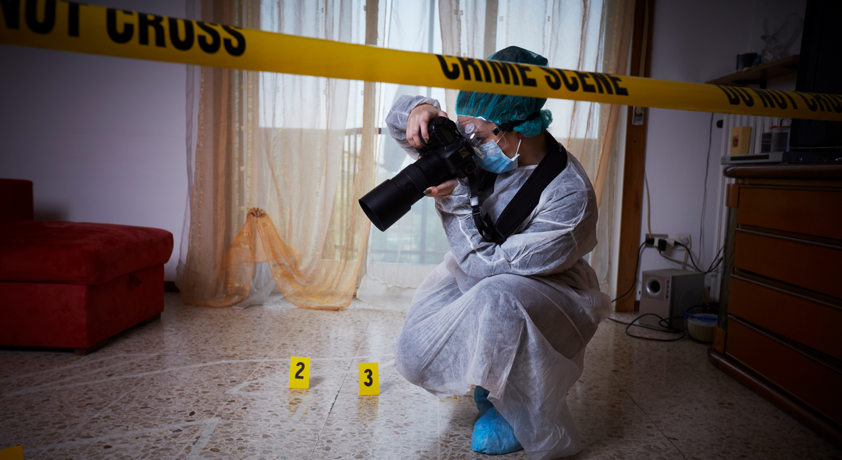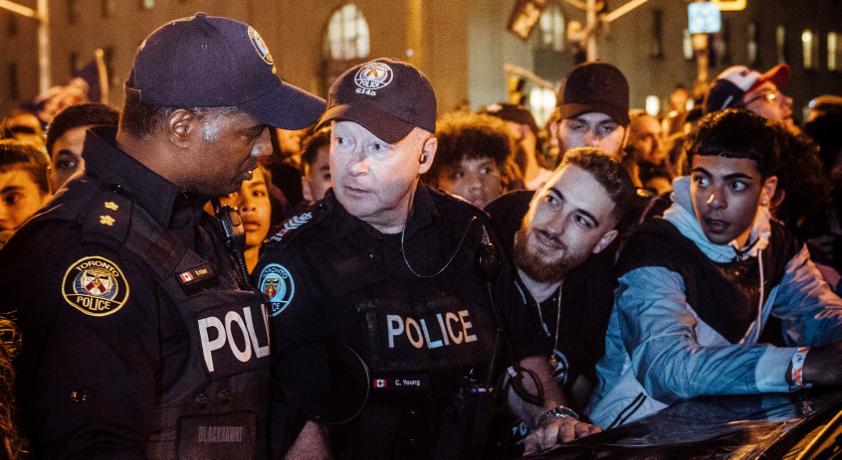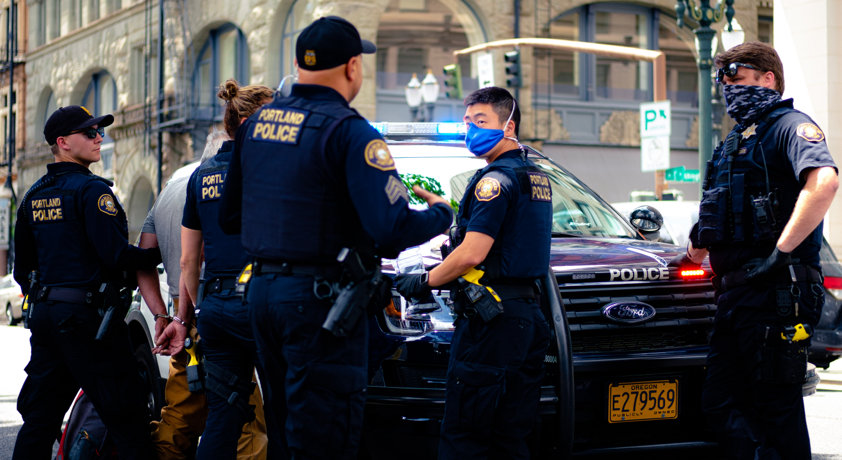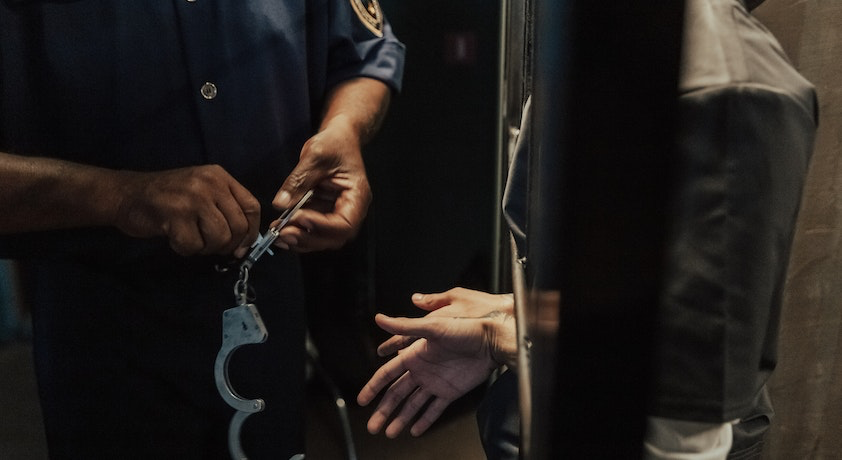What It’s Like to Be a Crime Scene Investigator

If you ask a crime scene investigator what it’s like to do the job every day, you probably will get a variety of answers. Some will talk about how physically and emotionally demanding it is to work a crime scene. Others will tell you about the challenges they face. But most criminal investigators say the career is rewarding. Knowing that they have helped put away a criminal and possibly prevented additional crimes adds meaning to their work.
Common Misconceptions
Obviously, the job is nothing like it’s depicted by the media. Veteran crime scene investigators report some of the many misconceptions about the job:
- If the crime scene investigation doesn’t reveal evidence, it doesn’t mean a suspect is innocent. Instead, it may mean that the lab didn’t perform the testing correctly or the scene wasn’t processed properly. Or, it could mean that the suspect simply covered his tracks successfully.
- It’s much more difficult to obtain usable fingerprints at a crime scene than how television programs make it seem. In fact, one former investigator says, contrary to what we see on television, retrieving fingerprints from firearms has only a 5 percent success rate.
- The media rarely shows CSIs writing up reports or doing paperwork of any kind. In real life, however, completing reports and evidence receipts take up much of an investigator’s time.
Before you pursue a career in crime scene investigation, you should be aware of some of the other realities of the job. Crime scene investigators must go to the scene of home invasions, sexual assaults, murders, burglaries, and armed robberies. They spend 70 percent of their time gathering and processing physical evidence, photographing autopsies, and briefing law enforcement agencies.
Long, Sometimes Irregular Hours
While some crime scene investigators work a regular eight-hour shift, in reality, crimes occur at all hours, and crimes vary widely in complexity. CSIs never know how long it will take to process a crime scene. Tim Palmbach, a former major in the Connecticut Department of Public Safety’s scientific services division, reports that a “typical murder scene takes eight to 10 hours to process, but it’s not uncommon to go 30 to 35 hours.”
Messy, Smelly Work
Crime scenes that involve theft or larceny are relatively simple to process. However, collecting evidence at the scene of a murder, suicide, or assault can be messy, smelly, and difficult to collect. As Justin Soroka, a CSI detective in Ohio, recalls, “We have to go to some pretty disgusting places [to investigate crime scenes].”
Physically Demanding
Crime scene investigators may be required to lift, bend, stretch, crawl, and climb to gather evidence. Slogging through mud and almost impassable conditions are often part of the job. When collecting evidence, you may spend hours on your knees in uncomfortable positions. The work also requires the ability to “frequently lift and/or carry equipment, supplies, evidence, and other materials weighing up to 50 pounds and occasionally lift, carry, or move objects weighing up to 100 pounds.”
Challenging Work
Experts report that technology is advancing crime scene investigation so rapidly that criminals should be frightened. From one hair, crime scene technicians and investigators now can tell how tall you are, your age, race, hair color, and eye color. Dust left at a crime scene can help CSIs create a timeline that reveals where you’ve traveled and where you live. And now, crime scene technicians can recover latent fingerprints months after a criminal has washed the inside of a glove. The field is never boring because each investigation differs from the last, and each one offers different evidence. Methods, techniques, and laws are constantly changing, which helps keep the job interesting.
Highly Rewarding
Most people who go into law enforcement do so because they want to make a difference in people’s lives. Forensic scientists and crime scene investigators are no exception. While they may rarely interact with victims and criminals themselves, they give voice to the voiceless and help bring criminals to justice. As a result, many crime scene investigators report feeling a great sense of satisfaction in their work.





